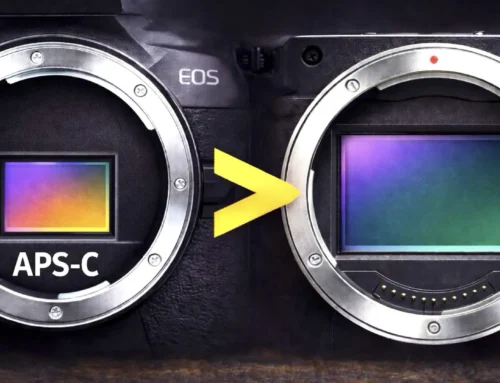Meta had ‘monopoly power’ after buying rival apps, FTC says
April 14, 2025

Meta’s acquisitions of Instagram and WhatsApp helped give it “monopoly power”, the US Federal Trade Commission told a court on Monday at the start of a blockbuster trial that could force the $1.5tn tech giant’s break-up.
The case before a Washington district court is expected to give the clearest signal yet about the Trump administration’s stance on antitrust policy — and its appetite to take on Big Tech.
Facebook’s founder Mark Zuckerberg was in court on Monday. He appeared in a dark suit and tie instead of the casual shirt and large gold chain he has sported more frequently.
FTC lawyer Daniel Matheson argued in his opening statement that Meta stymied competition from Instagram and WhatsApp by buying them in 2012 and 2014 for $1bn and $19bn respectively.
Meta had since built “monopoly power”, Matheson argued, with 85 per cent market share in time spent on its apps, according to the regulator’s analysis. He cited internal communications from the Meta boss.
“If Instagram continues to kick ass on mobile or if Google buys them, then over the next few years they could easily add pieces of their service that copy what we’re doing now,” Zuckerberg wrote in a 2011 email, which Matheson presented as evidence.
This could be “true about almost any app”, Zuckerberg responded in court.
“Instagram could hurt us meaningfully” and was “pretty threatening to us”, he said in a 2012 email presented as evidence by the FTC of his intentions to adopt a “buy-or-bury” strategy.
Ahead of the WhatsApp deal, Zuckerberg in 2013 warned that the messaging app could “tip markets like the US where SMS is still the primar[y] platform”, James Boasberg, the district judge overseeing the case, heard.
Meta knew that the transactions would allow it to build a “moat” protecting it from other challengers, Matheson said.
If found guilty, Meta could be compelled to unwind its acquisitions of WhatsApp and Instagram, depending on the remedies sought by the FTC in the trial’s second phase.
The trial comes as Zuckerberg — who once banned Donald Trump from Facebook — has sought to draw closer to the US president, regularly visiting the White House and relaxing Meta’s content policy rules.
Earlier this month, Zuckerberg appears to have lobbied to secure a settlement between Meta and the FTC to avoid a trial.
The court case also marks the first significant test for Big Tech enforcement under Andrew Ferguson, Trump’s FTC chair who was in the courtroom on Monday. He has made clear his plan to crack down on the industry, which he has accused of censorship.
Zuckerberg himself took the stand on Monday afternoon, while Meta’s former chief operating officer Sheryl Sandberg and rival leaders at TikTok, Snap and Google’s YouTube are also expected to testify.
Matheson argued that Meta’s anti-competitive conduct had harmed consumers, pointing to “massively increased” advertising on Facebook and Instagram, as well as Meta’s “significant privacy failures over time”.
He also accused Meta of trying to prevent Instagram’s fast growth to avoid Facebook’s “network collapse”, according to a confidential email written by Zuckerberg in 2018 and presented to the court.
“I’d just keep it running. Insurance,” the Meta boss said of Instagram in 2012. Meta has said he did not mean to starve Instagram of resources.
Meta’s lawyer Mark Hansen said the company had “no monopoly” and had never been “insulated” from competition.
The “misguided” lawsuit “strains this country’s creaking antitrust precedents to their limit”, Hansen said.
The Meta lawyer also disputed the market share presented by the FTC, saying Meta’s share of time spent by users on its apps dropped to less than 30 per cent when TikTok and YouTube were taken into account.
Arguing TikTok does not compete with Instagram “makes no sense”, Hansen added, pointing to jumps in Facebook and Instagram users when TikTok went temporarily dark in January.
Meta improved Instagram’s and WhatsApp’s quality, Hansen added, pushing user numbers up dramatically since their acquisitions while keeping the services free.
Antitrust experts have argued that the FTC faces an uphill battle in the case, given judge Boasberg initially dismissed a first complaint on the grounds that it was “legally insufficient” before accepting a refiled case in 2022.
The regulator first sued Meta (then Facebook) more than four years ago, during Trump’s first presidency.
Search
RECENT PRESS RELEASES
Related Post



